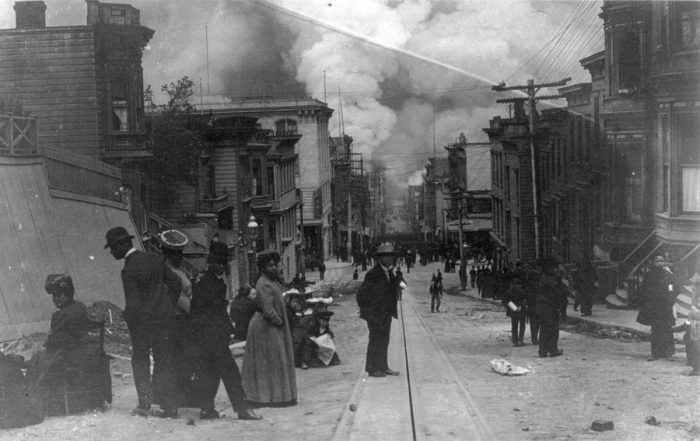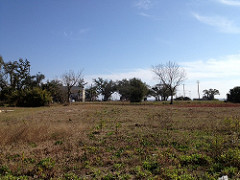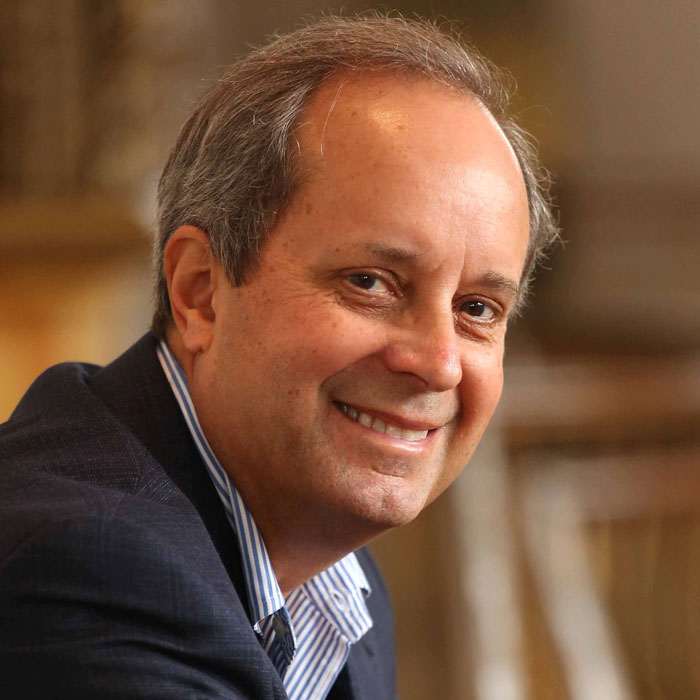Hurricane Katrina – 10 Years Later
This month, the Center for Disaster Philanthropy turns its attention to an important anniversary: that of Hurricane Katrina (“Hurricane Katrina +10: Lessons From Our Most Costly Storm”). Ten years ago, in August 2005, Hurricane Katrina swept through the Gulf Coast, causing damage from Florida to Texas, and most extensively in Louisiana. The storm was one […]
This month, the Center for Disaster Philanthropy turns its attention to an important anniversary: that of Hurricane Katrina (“Hurricane Katrina +10: Lessons From Our Most Costly Storm”).
Ten years ago, in August 2005, Hurricane Katrina swept through the Gulf Coast, causing damage from Florida to Texas, and most extensively in Louisiana. The storm was one of the deadliest in United States history, killing more than 1,800 people. It was also one of the costliest storms in our history, with property damages estimated at more than $108 billion. Much of New Orleans and parts of Louisiana were under floodwaters for weeks after the storm.
It’s an important anniversary. This storm forever changed the way our nation thinks, reacts, and plans for massive natural disasters.
Much has changed in the 10 years since Hurricane Katrina. We’ve seen a region spend years focused on recovery and striving to rebuild better than it was, with innovations in public education, housing and even water management. We also recognize that those efforts are not complete and will take decades to finish. That’s part of our education from Katrina, too – there are no quick fixes.
Hurricane Katrina confirmed that populations who are vulnerable before disasters are the most adversely affected by these events and need the most help after disaster strikes.
Katrina taught us the need for better planning and preparation. Since then, American taxpayers have invested hundreds of millions in a bigger and stronger FEMA, and new federal programs and states have beefed up their state disaster management systems as well.
We’ve seen the adoption of new technology, as well – organizations such as FEMA and domestic and international NGOs have adopted methods that make tracking and reporting disaster incidents easy to do from a mobile phone.
We’ve also seen a shift in attitude among private philanthropists. True, most contributions still go towards immediate relief. But Katrina taught us that funding only relief work doesn’t put people back to work or send a child to school or rebuild a community. It takes long and expensive effort. Investments in planning, preparation, mitigation, and resilience can make a world of difference.
Katrina taught us some hard lessons about what a resilient community requires. We learned that a resilient community needs strong and active nonprofits, well-functioning government agencies, an energized faith community and engaged citizens. All these things help a community withstand the blows of a natural disaster and bounce back quicker.
It’s also an important anniversary for CDP. Our organization was born from the aftermath of Hurricane Katrina and the South Asian Tsunami as private philanthropists in affected areas recognized the need for an organization that could focus on disaster philanthropy fulltime – not just in the days after a disaster strikes. CDP’s founders learned from these two events that donors want to do the right thing, but often don’t know what to do or how to do it. Katrina taught us at CDP that we need to be more intentional and strategic with our disaster giving or we will fail at truly making a difference.
This month, we have a series of events and materials, focused on Hurricane Katrina – the recovery, the lessons, the importance of preparation and resilience. Watch for a series of blogs beginning next week on our website. And join us August 18 for our webinar Katrina +10, when we’ll discuss this anniversary and how the face of disaster response and private philanthropy has changed and learned during the last 10 years.
How did Hurricane Katrina change your thinking about natural disasters and your role as a funder? Please drop us a note so we can share your thoughts with others.
More like this

How Black History Has Influenced Disaster Planning

